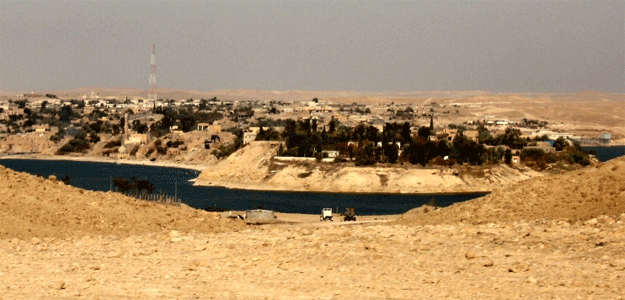
Quenching a National Thirst

As the 5th World Water Forum took place in Turkey, the nation on its southern border might have briefly noted the irony in the conference's locale. Syria, as an insightful piece by John Daly of UPI explains, is struggling to reconcile its expanding population with the need for water- which generates both food and electricity.
The Tigris and Euphrates rivers flow from the north in Turkey through Syria into Iraq, affecting three nations as they move. As Daly explains, Syria's hydroelectric power plants are operating at far less than maximum capacity due to the unequal distribution of water resources in the region. For the Tigris alone, Turkey controls 88% of the flow, with Syria at 9% and Iraq at 3%. Turkey's planned mammoth Southeastern Anatolia Project, which would develop 14 more hydroelectric plants along the Euphrates, could further reduce Syria and Iraq's water resources.
Meanwhile, a new report from the United Nations timed to coincide with the Water Forum will spell the end of the days of "easy water." Indeed, according to the UN, increasing demand on water resources and the gradual effects of climate change are making water scarcity a serious issue- and the Middle East will face particularly acute challenges as water resources run dry. As the Water Forum began, Shaddad al Attli of the Palestinian Water Authority announced that Palestine would seek to purchase water from outside sources- most likely Turkey- to help stabilize their population in the region. According to al Attli, Palestinians consume some of the lowest amounts of water in the world, with 78 liters daily per capita.
-Equatorial Press Staff Report. Photo by Jayel Aheram.
